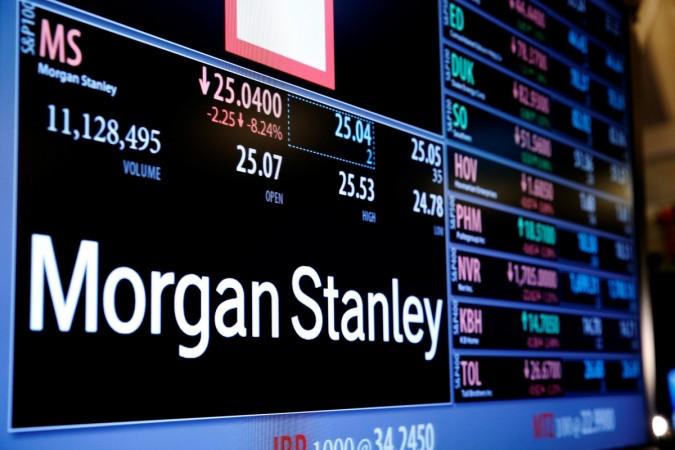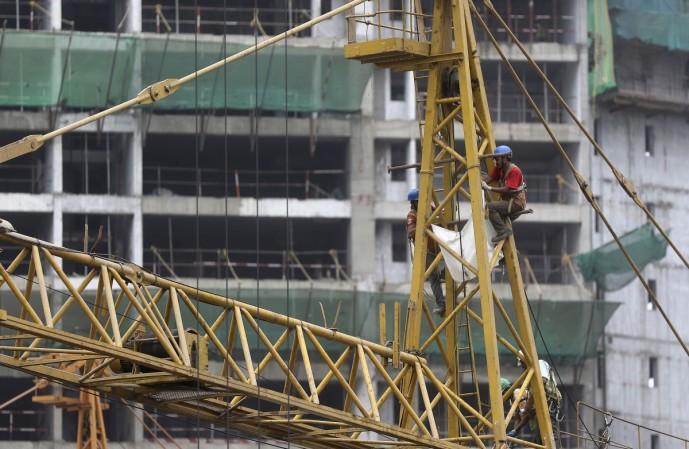
Wall Street giant Morgan Stanley will invest $400-500 million from its first $1-billion India-dedicated infrastructure fund next month, in an attempt to raise more money from the expected surge in the infrastructural development in the country.
Besides investing in logistics, healthcare, telecom and education, the global financial firm will also spend money from the fund on roads, airports, ports and power plants. However, the $1-billion fund has a life of 10 years.
The fund has already received an anchor investment commitment of $150 million from the Beijing-headquartered Asia Infrastructure Investment Bank. Sovereign funds of the Middle East and Southeast Asia are also expected to make commitments, Economic Times reported.
IDFC Alternatives has raised $2 billion across two funds, while ICICI Venture with Tata Power has raised over $1 billion in funds to invest in India's infrastructure projects.
"There would be operational synergies and the global fund can also co-invest in larger opportunities in India," a source close to the matter told Economic Times.
Infrastructure will gather more steam
Infrastructure development in India has gathered steam and international investors are showing significant interest in the same space.
About 33 deals from the sector in the 2016-17 fiscal involved $3.49 billion, against $2.98 billion across 31 deals in FY 2015-16. Majority of the deals were in the power, roads and renewable sectors, according to a report by India Brand Equity Foundation.
I Squared Capital, a global infrastructure investment company, plans to raise up to $4 billion through its second infrastructure fund which will be invested in infrastructure assets in India and across the globe.
UAE-based Gamma Group also plans to invest around $453 million in the health and education infrastructure sectors of Kerala.

The Narendra Modi government in the 2017 Budget said it would invest as much as Rs 3,96,135 crore in creating and upgrading infrastructure in the next financial year.
According to Finance Minister Arun Jatley, India will need about $1.5 trillion investment in infrastructure over the next 10 years, and a major chunk of these investments are expected to come from developed economies and major wealth funds across the world.
Construction activity in India lost momentum after Prime Minister Narendra Modi's demonetisation drive, but growth in the industry is expected to pick up towards the end of 2017 and in early 2018.
The residential market is recovering after demonetisation, with long-term support coming from India's sizeable housing shortage, while non-residential construction will be supported by rising investment in industrial and commercial real estate according to the India Infrastructure Report in Q3 2017.














